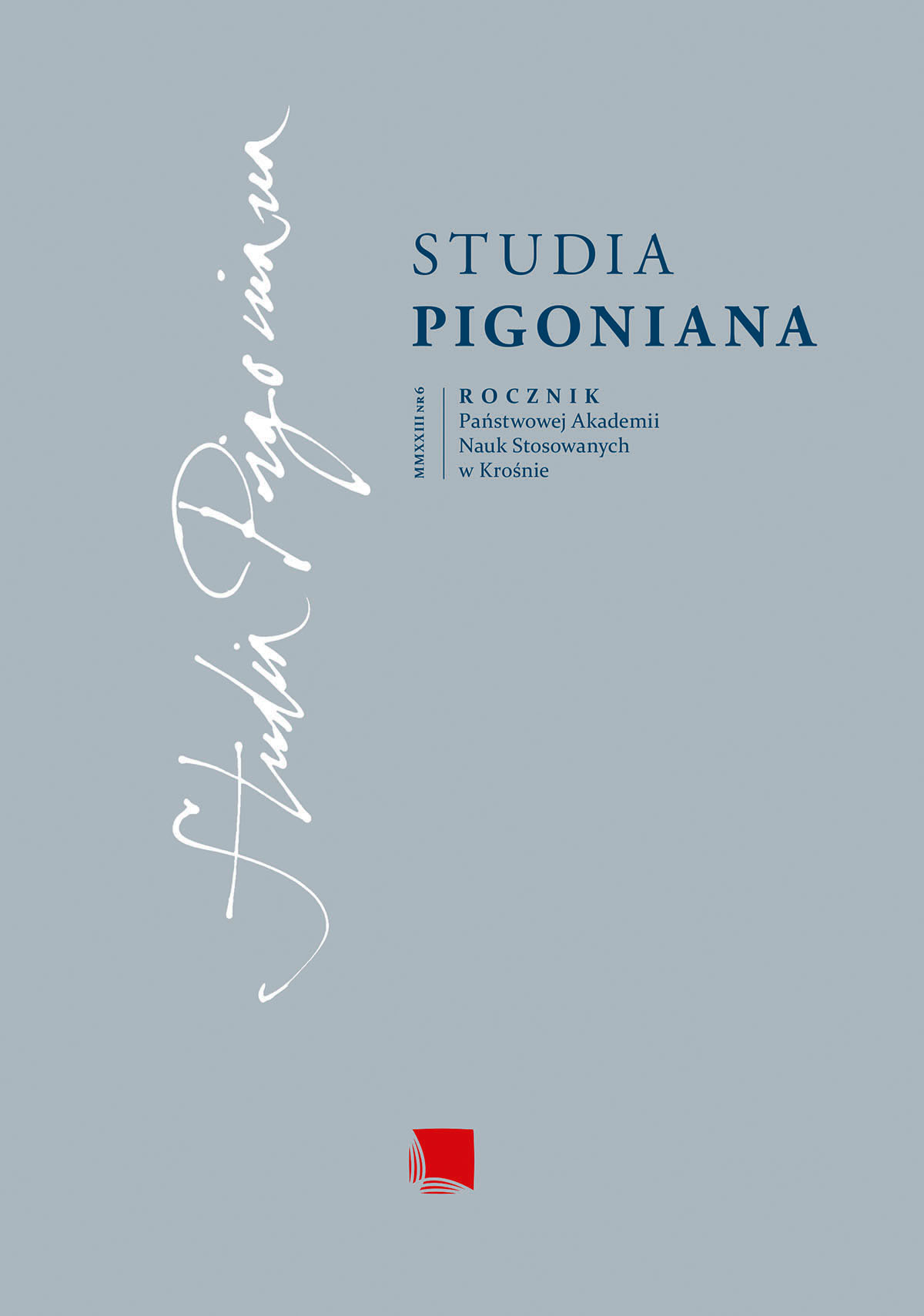«Возвращение в Острог» Саши Филипенко: деформация зазеркалья в романе-созерцании «русской тоски»
‘Return to Ostrog’ by Sasha Filipenko: deformations and distortions of ‘behind the looking glass’ world in the novel contemplating «Russian longing»
Author(s): Dzmitry KliabanauSubject(s): Language studies, Language and Literature Studies, Applied Linguistics
Published by: Wydawnictwo Naukowe PIGONIANUM
Keywords: Sasha Filipenko; postmodernism; contemplation novel; deformation; world is a prison; return to the past
Summary/Abstract: Return to Ostrog by Sasha Filipenko is an example of a contemplative novel in postmodern literature. This novel focuses on a comprehensive look at surrounding reality without judging it. The genre of Filipenko’s novel is heterogeneous: though being based on real facts, it also has threads of detective novel, thriller and political satire. Staring at the eternal Russian longing on the physical, material, but, above all, mental and spiritual level becomes a key element of the narrative. In fact, this ubiquitous longing becomes one of the heroes of the novel. Ostrog’s world could be percept as postmodern reminiscences to Shakespeare’s Hamlet and Dostoyevsky’s Notes from the House of the Dead. Ostrog is an inverted, deformed world and it becomes a mirror which reflects the mental and spiritual condition of modern Russian society. The theme of deformation and ‘behind the looking glass’ reality is realized in the Filipenko’s work with many symbols. For example, the prison is a heart of Ostrog which made the city exist. And this prison has its reflection in the local orphanage. The semantic meaning of the word ‘return’ in the title of the novel becomes the epitome of the spiral movement of history – not only a history of Ostrog and its inhabitants, but, in fact, of the entire Russian society as well.
Journal: Studia Pigoniana
- Issue Year: 6/2023
- Issue No: 6
- Page Range: 179-191
- Page Count: 13
- Language: English, Russian, Polish

